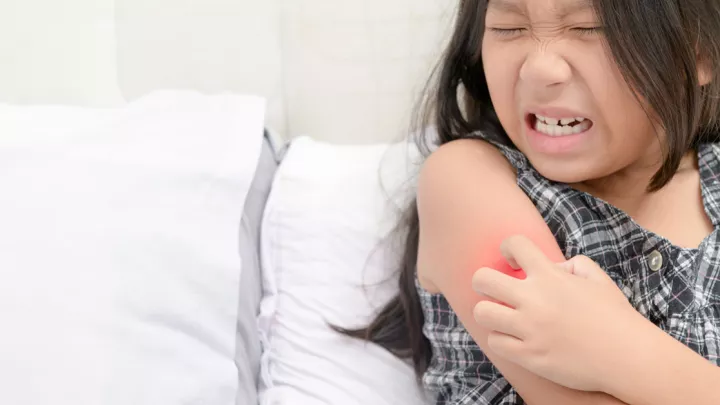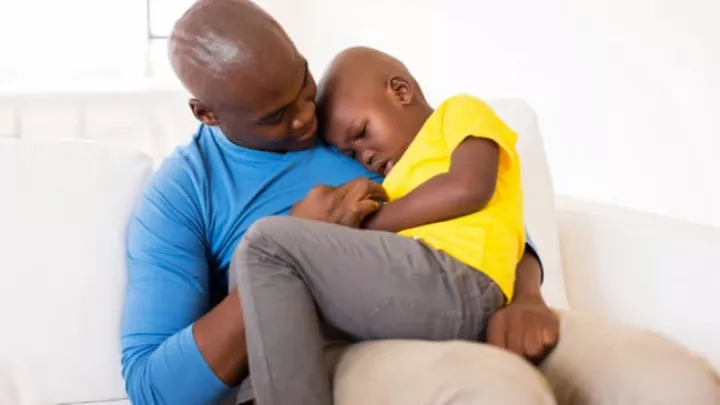
Locker Room Hygiene
The thought of school locker rooms makes me shudder. There is just nothing hygienic about a bunch of sweaty teenagers in close quarters wearing days-old gym clothes and walking around with bare feet. Locker rooms are also breeding grounds for bacteria, viruses and fungus. If your child is in this situation, ask if he or she is practicing good hygiene in the school locker room. In this RN Remedies article, I will provide some tips for parents so you can have a conversation with your child about the do’s and don’ts for the locker room.
Gym clothes
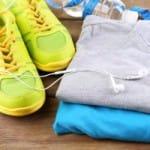
Does your child change into a physical education uniform or a school athletic team uniform? When was the last time your child’s uniform came home for washing? Perhaps your school has a laundry service, but I know my school didn’t. I remember there were always kids who smelled like body odor and I really don’t think they even realized it. Even if your child claims not to sweat much during PE, it’s best to make sure that the outfit is laundered at least once or twice per week. Underwear should be changed daily after physical activity. The fungal infection commonly known as “jock itch” can be caused by reusing towels or not washing athletic supporters, so make sure these items come home for frequent washings as well.
Hygiene items
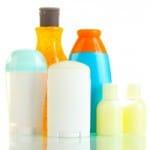
Make sure your child knows not to share personal toiletry items with other students.
- Razors are particularly important to never share because they can transmit blood-borne illnesses, like HIV and hepatitis. Razors can also harbor bacteria from the skin that can easily spread to others.
- Hairbrushes should never be shared either. Using someone else’s brush or comb is an easy way to pick up head lice.
- It’s also best never to share bar soap or deodorant because they can allow bacteria to be passed from one person to another. Liquid soap is best so send your child to school with a bottle of body wash that can be shared.
If your child has concerns about being “uncool” by not letting someone share their razor or deodorant, then perhaps send them with an extra to gift to a friend just in case.
Shower Shoes
Make sure they have a pair of rubber/plastic shower shoes to wear to protect their feet. Locker room floors are notorious places to pick up the fungal infection commonly known as athlete’s foot. It’s also possible to pick up plantar warts, which are caused by the HPV virus, from walking around barefoot. Teach your child not to walk barefoot on the locker room floor or in the shower.
Wounds
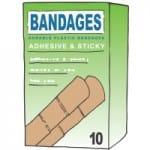
Active, athletic teens often get cuts and scrapes from sport play. They dive for the ball and scratch their knees and elbows and can inadvertently be scratched by equipment or other players’ nails. Teach your child to wash all cuts and scrapes with soap and water. It’s also a good idea to send them with a tube of antibacterial ointment, like Neosporin, and a variety package of large and small bandages in their backpack. All wounds should be covered during play to protect them both from getting infected and from transmitting body fluids to others.
Showering
After strenuous physical activity it is important to shower, not just for the sake of smelling good. Perspiration left on the skin can become a breeding ground for bacteria and fungus, which can lead to rashes. Bacteria and dirt left on the skin can easily get into small cuts to cause infection as well. So make sure your child doesn’t skip the shower. Again, make sure that your child has a clean towel to dry off with completely. Teach your child to dry their body off before wiping off their feet. If your child has a fungal infection such as ringworm, athlete’s foot or jock itch, it is essential to wash their towel and clothing in hot water after each use. It’s also important to know that when there is an infection in a certain area, this area should be dried last in order to prevent spreading.
Reusable equipment
Since equipment at the gym is reusable, it can lead to various issues such as ringworm, staph infection and other fungal infections. The school should be wiping down reusable equipment per protocol in between uses.
Wash hands
Last but not least, teach your child to wash their hands before leaving the locker room. It should be no different than leaving the bathroom, because the same types of germs are present. See below for a fun way to teach your child how to properly wash his/her hands.

